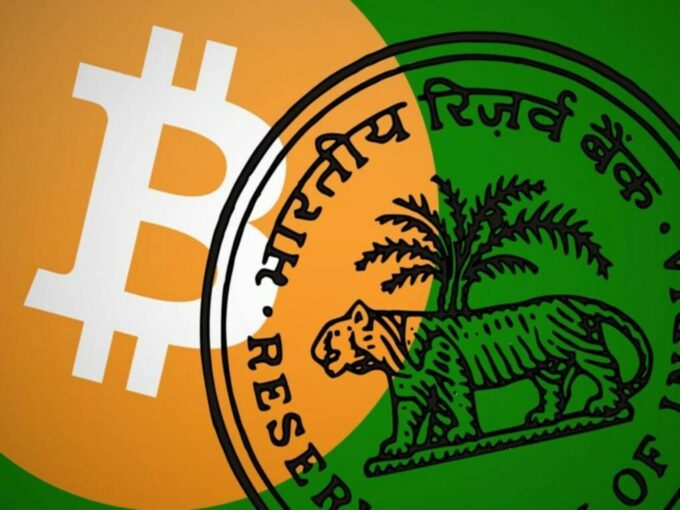The RBI report said that private cryptocurrencies pose immediate risks to customer protection
It noted that the aggregate market capitalisation of the top 100 cryptocurrencies has reached $2.8 Tn
In its recent board meeting, the central bank members raised concerns regarding private cryptocurrencies

Reiterating its concerns over cryptocurrencies, the Reserve Bank of India (RBI) has said that private cryptocurrencies are prone to frauds and to extreme price volatility.
In its Financial Stability Report for December 2021, the central bank further said that long term concerns over cryptocurrencies relate to capital flow management, financial and macro-economic stability, monetary policy transmission and currency substitution.
“Private cryptocurrencies pose immediate risks to customer protection and anti-money laundering (AML) / combating the financing of terrorism (CFT). They are also prone to frauds and to extreme price volatility, given their highly speculative nature,” it said.
Citing the Financial Action Task Force (FATF), RBI said that the virtual asset ecosystem has seen the rise of anonymity-enhanced cryptocurrencies (AECs), mixers and tumblers, decentralised platforms and exchanges, privacy wallets, and other types of products and services that enable or allow for reduced transparency and increased obfuscation of financial flows.
“New illicit financing typologies continue to emerge, including the increasing use of virtual-to-virtual layering schemes that attempt to further muddy transactions in a comparatively easy, cheap and anonymous manner,” the report said.
It noted that the aggregate market capitalisation of the top 100 cryptocurrencies has reached $2.8 Tn. In the emerging market economies that are subject to capital controls, free accessibility of crypto assets to residents can undermine their capital regulation framework, RBI added.
Earlier in the week, the chairman of the Securities and Exchange Board of India (SEBI), Ajay Tyagi said that mutual funds cannot make investments in crypto-related products until the government comes up with its cryptocurrency bill and regulations on the sector are clear.
Stakeholders Still Await Clarity
The government had listed the Cryptocurrency and Regulation of Official Digital Currency Bill, 2021, for introduction in the parliament during the winter session of the Parliament. However, the bill was not presented during the session which ended on December 22, 2021.
Earlier this month, finance minister Nirmala Sitharaman had said that a ‘well consulted’ bill is coming through and it will be tabled in the parliament once the cabinet clears it.
The bill also seeks to create a facilitative framework for launching official digital currency to be issued by the RBI.
Concerns and apprehensions have been doing the rounds over a likely ban on all cryptocurrencies and investments into them. According to several reports, a penalty of INR 20 Cr or a jail term of 1.5 years will be imposed, in case someone is found in violation of norms. The government is expected to recognise cryptocurrencies as an asset class and prohibit their usage as currency.
Speaking at the Hindustan Times Leadership Summit on December 4th, 2021, finance minister Sitharaman had said that there is a lot of speculation going on in the matter which is not healthy at all.
The lack of clarity on the regulations has put the stakeholders including investors and trading platforms in a state of confusion. India has the largest number of crypto owners among all countries in the world – more than 100 Mn, according to BrokerChooser.
The investment in cryptocurrencies grew from nearly $923 Mn in April last year to $6.6 Bn in May this year in the country.










![Read more about the article [Funding alert] Edtech startup Clever Harvey raises $1.5M in pre-Series A round](https://blog.digitalsevaa.com/wp-content/uploads/2021/07/startup-funding-1604990423185-1607520206686-1625202412271-300x150.png)
